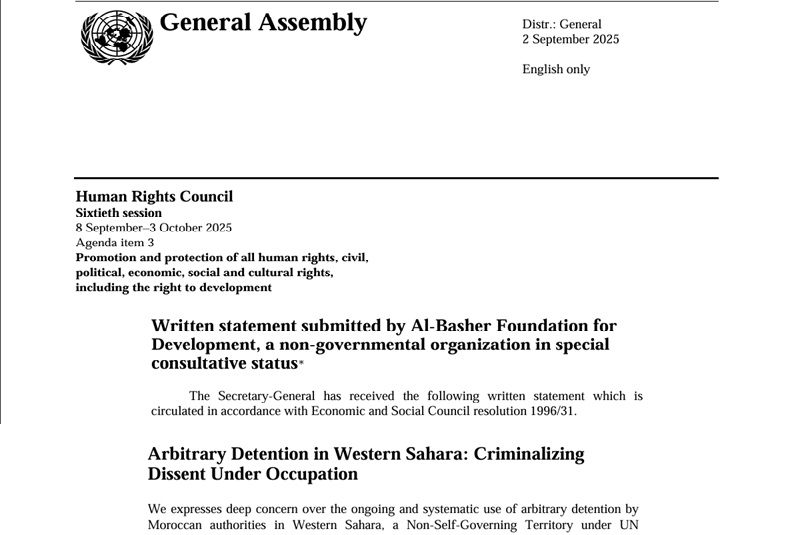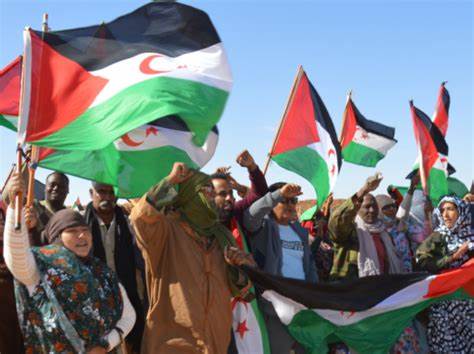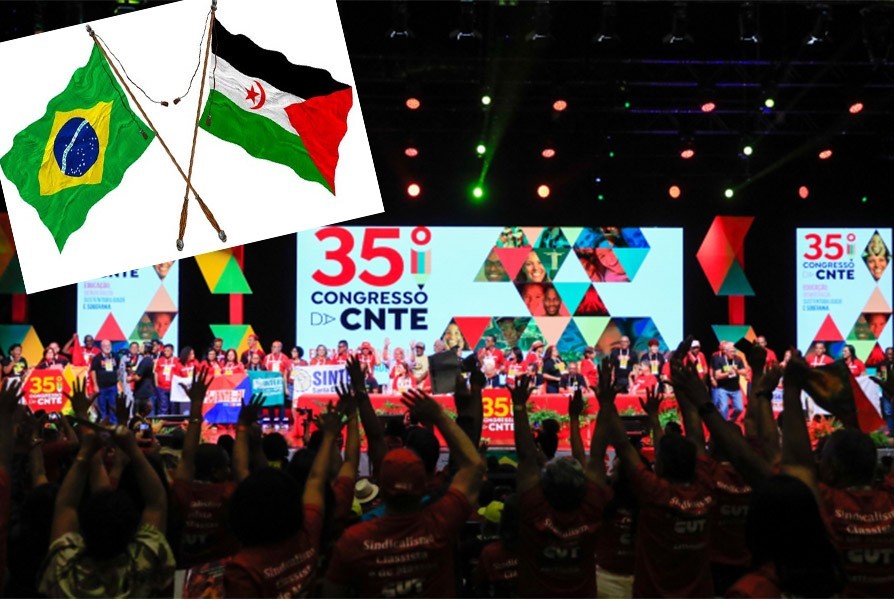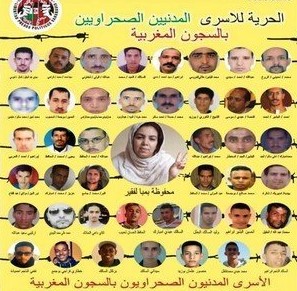
Geneva (UN Human Rights Council) 18 September 2025 (SPS)– The Al-Basher Foundation for Development, a non-governmental organization in special consultative status with the United Nations, sounded the alarm over what it describes as the “ongoing and systematic use of arbitrary detention by Moroccan authorities in Western Sahara,” calling it a deliberate strategy to criminalize dissent and suppress the Sahrawi people’s right to self-determination.
In a written statement submitted to the 60th session of the Human Rights Council, the NGO underscored that arbitrary detention “remains a central tool in Morocco’s broader strategy to suppress Sahrawi civil and political rights, stifle dissent, and criminalize peaceful advocacy for self-determination.”
According to the submission, Sahrawi human rights defenders, journalists, and students are routinely detained without legal basis, subjected to torture or ill-treatment, and convicted in trials failing to meet international standards.
The statement highlighted that detentions take two forms: long-term imprisonment following unfair trials and short-term, unrecorded detentions aimed at harassment.
“Arbitrary detention in Western Sahara is not a series of isolated incidents, but rather a deliberate and systematic policy employed by Moroccan authorities,” the NGO said. These measures are meant to intimidate individuals, create a climate of fear, and silence legitimate resistance across Sahrawi society.
The group stressed that many arrests take place without warrants, often linked to peaceful protests, social media posts, or political expression. Detainees are reportedly denied access to legal counsel, kept in prolonged pretrial detention, and subjected to torture or ill-treatment.
“Trials routinely violate international fair trial standards, with courts relying on coerced confessions and failing to ensure judicial independence,” the written statement stated, adding that sentences are “severe and disproportionate, clearly intended to deter further activism.”
Short-term arbitrary detentions, especially targeting students, are described as occurring during politically sensitive moments, such as anniversaries of Sahrawi resistance events or public demonstrations.
Victims report verbal and physical abuse, forced interrogations, and threats, and are then released without documentation. According to the NGO, this practice prevents families and civil society groups from seeking justice or redress, further entrenching impunity.
The statement drew attention to several emblematic cases that illustrate what it called Morocco’s policy of criminalizing peaceful dissent. Among them is Al-Hussein El Bachir Ibrahim, a human rights defender serving a 12-year sentence following proceedings “marked by serious due process violations.”
Similarly, journalist Khatri Dadda was sentenced to 20 years in prison on contested evidence after his arrest in December 2019. The written statement also recalled the case of the Gdeim Izik group, where 24 Sahrawi activists were subjected to torture and unfair trials following the dismantling of the 2010 protest camp.
“These cases are not isolated incidents but part of a broader policy of criminalizing dissent in Western Sahara,” the organization wrote, stressing that Moroccan courts rely on “punitive and politically driven judicial measures” to silence Sahrawi voices.
Despite repeated findings by the UN Working Group on Arbitrary Detention that such detentions are unlawful, the NGO noted that “Moroccan authorities have taken no corrective action.”
The statement criticized Morocco’s consistent refusal to implement recommendations from UN Special Procedures or provide remedies to victims. It noted that “individuals declared arbitrarily detained remain imprisoned, and allegations of torture and coercion have not been independently investigated.”
The NGO also denounced the “continued lack of international access to Western Sahara” for human rights observers, journalists, and UN mechanisms, warning that the absence of a human rights monitoring mandate within MINURSO perpetuates a climate of impunity.
In its recommendations, the Al-Basher Foundation called on the Human Rights Council and Member States to act decisively. It urged the “immediate and unconditional release of all Sahrawi political prisoners arbitrarily detained, including members of the Gdeim Izik group, Khatri Dadda, and Al-Hussein El Bachir Ibrahim.”
It further called on the Council to condemn arbitrary detentions, ensure Morocco’s compliance with international fair trial standards, and end the use of torture and ill-treatment.
Finally, the written statement appealed for structural changes, including granting unrestricted access to Western Sahara for UN Special Procedures and independent observers, and mandating “the establishment of a permanent UN human rights monitoring mechanism in Western Sahara.”
It concluded by reaffirming “the right of the Sahrawi people to self-determination, in accordance with the UN Charter and relevant General Assembly and Security Council resolutions.”
The Al-Basher Foundation for Development is an NGO in special consultative status with the United Nations that focuses on education, healthcare, and humanitarian activities through peaceful means. It provides free educational courses, healthcare services, supports social solidarity, and advocates for women's and human rights. (SPS)
090/500/60 (SPS)



